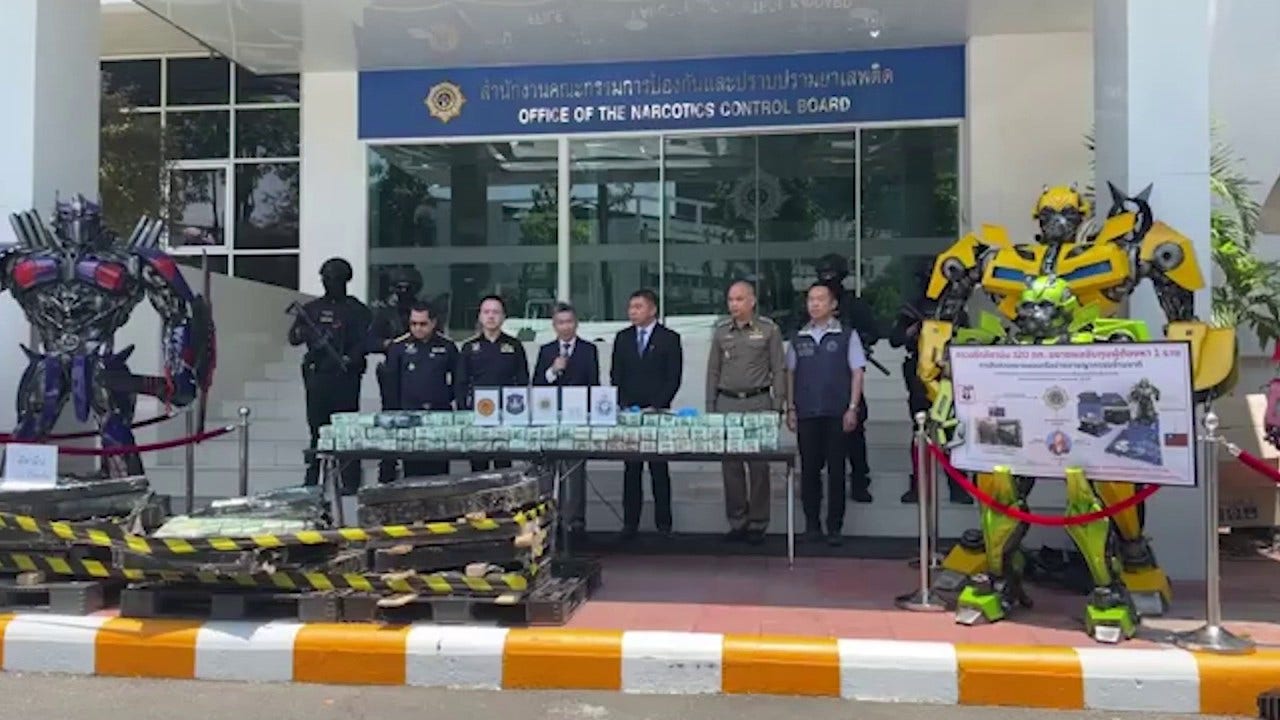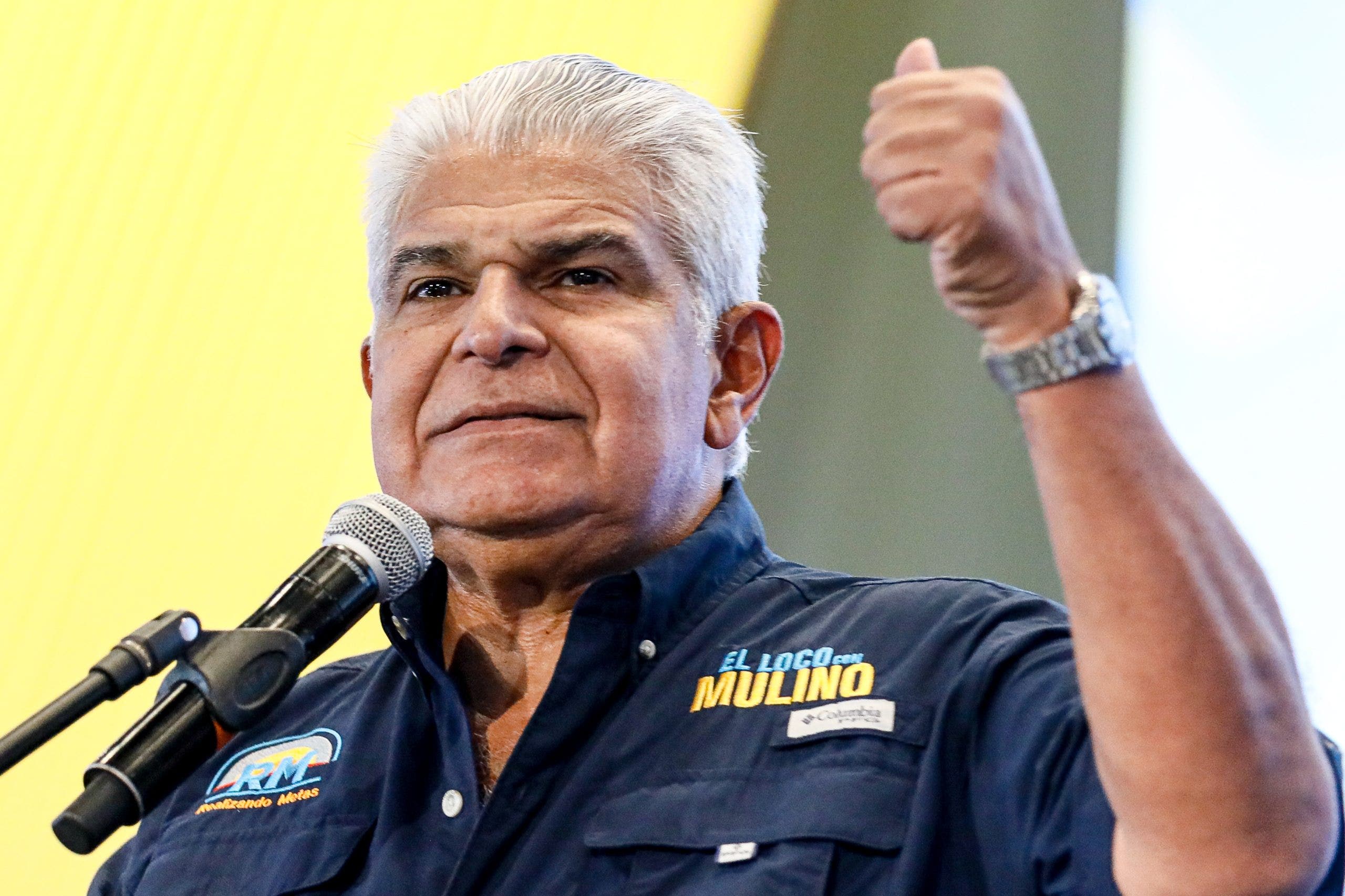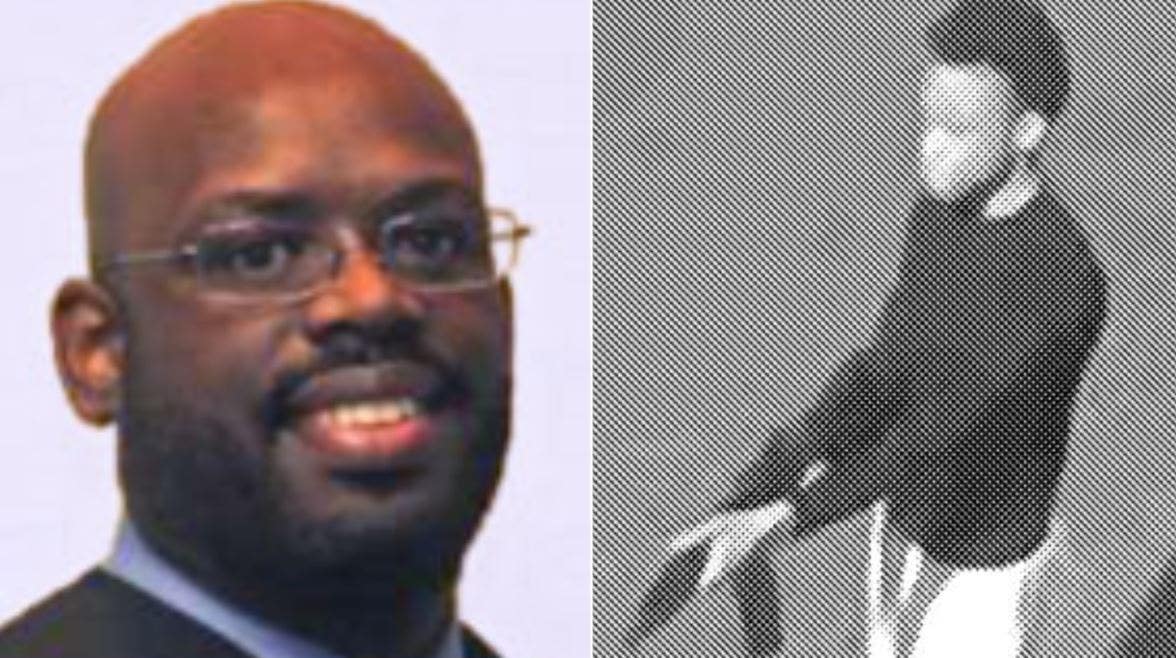Austin, TX
New Associate Vice President to Accelerate Innovation, Research Commercialization and Startups
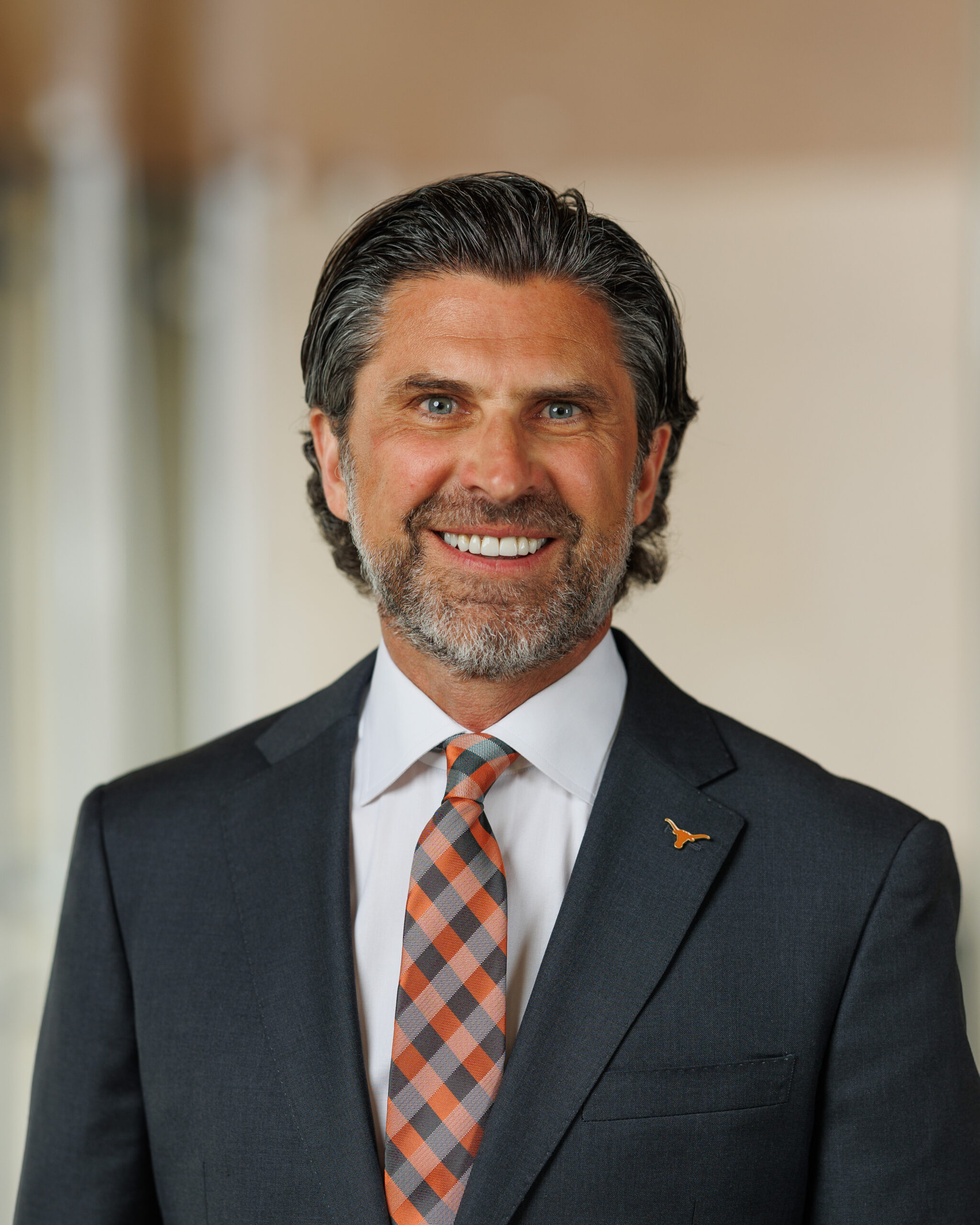
AUSTIN, Texas — The University of Texas at Austin has appointed Mark Arnold as the new associate vice president for Discovery to Impact, the University’s connection unit between campus innovators and industry.
In this new role, Arnold will enhance the University’s research commercialization efforts; formalize a dedicated technology transfer office to revitalize the University’s intellectual property, licensing, and business development efforts; and launch Texas Startups, a new division within Discovery to Impact that will position UT as a national leader in incubating, accelerating and investing in more undergraduate, graduate and faculty startups.
The appointment underscores President Jay Hartzell’s commitment to fostering a culture of innovation across campus, driving impactful collaborations between the University and industry, and cultivating a strong research pipeline centered on life sciences, energy and the environment, and deep tech.
Discovery to Impact has become increasingly vital in a rapidly evolving tech and startup economy, as universities strive to bridge the gap between research and commercialization. The University recognized the need for dynamic leadership to shape and navigate the future of technology transfer and entrepreneurship. Arnold’s appointment comes at a pivotal moment in the unit’s trajectory and as Austin aims to become one of the top hubs for life sciences.
Arnold, who will also serve as the managing director of Texas Startups, has more than 25 years of leadership experience in scaling technology companies from inception through exit, navigating venture investments, and launching innovative business development initiatives.
“By harnessing our collective expertise and passion, we will shape the future of innovation, galvanize our entrepreneurship programs and offerings, and scale the startup pipeline emerging from UT across the nation and around the globe,” Arnold said.
Before joining UT, Arnold was a founder and general partner at The Resilience Fund, an early-stage venture firm focused on the deep-tech landscape. Previously, he was the vice president of corporate development for Forcepoint and was instrumental in the sale of the company to Raytheon Technologies for $1.9 billion in 2015. His early career includes investment roles at Goldman Sachs, Kohlberg & Co. and Cisco Systems, and he holds a B.S. and MBA from the University of Pennsylvania’s Wharton School of Business.

Austin, TX
Austin College buries time capsule to commemorate 175th year
Sherman, Texas — Austin College buried a time capsule in commemoration of the Colleges 175th year, in a ceremony held May 9, 2024, near the Honors Court.
Student Assembly President Nia Carter 25, opened the ceremony by welcoming attendees and discussing some of the items sealed inside the capsule, including letters from presidents of Greek organizations, posters from campus events, a list of all students, eclipse glasses, students letters to their future selves, and a crocheted Roo. Student Assembly wanted to find a way to get the entire campus to participate in the celebration of 175 years of Austin College, she said. We are elected representatives of the Student Body, and we wanted to make Heidi Rushing, Steven P. ODay, and Nia Carter place the capsule in the ground.sure that everyone had a chance to make an impact on this momentous occasion!
Carter then introduced Heidi Rushing 04, Chief Marketing and Communications Officer and Austin College alumna, who credited Rev. Dr. John Williams 84, Chaplain and Director of Church Relations, with spearheading the time capsule, and Student Assembly for bringing it to fruition.
I want to congratulate the Student Assembly and the entire student body for all the ways you have helped us mark and celebrate the 175th year of Austin College, said Rushing. Truly, how lucky for you to be students during this significant milestone year.
President Steven P. ODay added, Tonight, I want us all to celebrate this moment. You are all part of a long legacy of change makers, world builders, problem solvers, and smart, kind, resilient human beings. And you are already making a difference in our world.
The time capsule will be opened in 2074, 50 years after its burial. The College previously buried a time capsule in 1999 as part of the sesquicentennial (150th year) celebrations. That capsule will be opened in 2049.
Austin College, a private national liberal arts college located north of Dallas in Sherman, Texas, has earned a reputation for excellence in academic preparation, pre-professional foundations, committed faculty, and hands-on, adventurous learning opportunities. One of 44 schools profiled in Loren Popes influential book Colleges That Change Lives, Austin College boasts a welcoming community that embraces diversity and individuality, with more than 50 percent of students identifying as persons of color. The residential student body of approximately 1,300 students and an expert faculty of more than 100 educators allow a 13:1 student-faculty ratio and personalized attention. Related by covenant to the Presbyterian Church (USA), Austin College cultivates an inclusive atmosphere that supports students faith journeys regardless of religious tradition. The College, founded in 1849, is the oldest institution of higher education in Texas operating under original name and charter.
Austin, TX
Podcast explores the changing music scene in Austin, Texas
SCOTT DETROW, HOST:
Austin, Texas, calls itself the live music capital of the world. And it’s not just a slogan. A recent study showed that live music tourism generated $1.8 billion for the city in one year. But the live music scene that the city has based its reputation on has been at risk recently. First, the pandemic closed venues, which, of course, kept fans from seeing that live music at all. And now the scene is having to deal with skyrocketing ticket prices, oppressive heat and new laws in Texas. The latest season of the Pause/Play podcast from KUT and KUTX Studios explores how these global and local changes are impacting Austin’s music ecosystem. Host Miles Bloxson and Elizabeth McQueen are here with me today. Hey there, Miles.
MILES BLOXSON, BYLINE: Hey.
DETROW: And, Elizabeth, thanks for joining us.
ELIZABETH MCQUEEN, BYLINE: Hey, Scott.
DETROW: So this is the fifth season of the Pause/Play podcast. Congrats, first of all. But, you know, this is about the live music ecosystem in Austin. How has the show evolved?
MCQUEEN: Well, we started the podcast in 2020, talking about how the pandemic was affecting Austin music. And then we spent a couple of seasons talking about how we could financially sustain our live music ecosystem. And this season, we’re looking at how changes outside of Austin are affecting our music scene.
BLOXSON: And really, it all came from our listeners. We asked our followers on Instagram what they wanted us to cover. And we also did a bunch of pre-interviews for the season. And we noticed the same things kept coming up.
DETROW: Yeah. And, like, on one hand, this is a podcast about a hyper-focused topic, live music in Austin, right? But, on the other hand, you are talking about universal themes like change. I mean, we are all continuing to think about that in the years since COVID.
MCQUEEN: Oh, yeah. And COVID is one of the changes that we talk about. I mean, it’s hard to believe, but, like, it’s still impacting people’s relationship to live music. And we heard about this from Lawrence Boone, who books The Far Out Lounge, which is this indoor-outdoor venue that has live music, like, every day and has been around since 1908.
LAWRENCE BOONE: I’ve talked to a few people about the social anxiety that came from the whole process of COVID. And people that did not normally have any social anxiety, now they have extreme social anxiety to the point where they don’t even want to go to the grocery store. They’d rather have it delivered. If you don’t want to go to the grocery store, you’re certainly not coming to some big show.
BLOXSON: And we understand that talking about all these changes, including COVID, can be an emotional trigger for all of us. So we brought in a neuropsychotherapist, Bella Rockman.
MCQUEEN: Yeah. Listeners are going to hear from her throughout the season of the podcast.
BLOXSON: Bella told us, whether we believe it or not, we are all still being affected by COVID, and we’ve all been affected by it.
BELLA ROCKMAN: Like Especially, like, it wasn’t like a short term kind of event. It was something that was ongoing. And there wasn’t a very specific end in sight. And over time, that takes a toll on us. And we kind of can get fatigued in, like, waiting for things to change. And so, I mean, we’re not completely out of the woods. I think post-pandemic life, people are kind of trying to figure out what life should be like now. And should we be trying to make it like it was before? Or how do we adapt?
MCQUEEN: And Bella said something to us about trauma that, like, really stuck with us and helped us frame this season because everyone is going through these changes, but sometimes change can lead to growth.
ROCKMAN: We can grow as a result of trauma. The goal is not always to get back to who we were. But how do we become the better versions of ourselves with what we have now? So how do we pick up the rubble, see what’s left and then integrate that into becoming the better version of what we can with what we have? So when we think about trauma, I don’t want it to all be foreboding (laughter). There are some wonderful things that can come out of it.
DETROW: Let’s think about another big topic here. How did climate change enter into the music scene podcast?
MCQUEEN: Well, you might have heard we had a brutal summer last year here in Austin.
DETROW: I spent some time in Austin during that summer, so yes, I can confirm it was incredibly hot.
MCQUEEN: Oh, my gosh. You were here during the summer? That’s crazy. It was so hot. We had 80 days where the temperature was over 100 degrees. And we had 45 days where the temperature was 105 or higher. I mean, like, we’re Austinites. We’re totally used to that heat. But that was too much.
DETROW: Yeah.
MCQUEEN: And it’s only going to get hotter. You may have noticed a lot of our music venues are outdoor venues. So last summer, they were left scrambling. This is Lawrence Boone again.
BOONE: Well, why don’t we try to do indoor shows? But it was still hot inside. You know, we tried to bring in fans. But our space is so big, there’s just no way to cool it down, there’s just not. If you have answers, I would love to hear them.
BLOXSON: Unfortunately, Scott, it’s not as straightforward as we hoped it would be. So a lot of people in the music scene are still trying to adapt any way that they possibly can. For example, a lot of venues are holding shows later in the day. They’re also investing in fans and misters and tons of water just to try to cool off their patrons.
MCQUEEN: I mean, some venues are even hiring people whose, like, hold job it is to keep refilling water stations.
DETROW: Wow.
MCQUEEN: Yeah.
BLOXSON: And some musicians are even debating on whether or not they still want to play in Austin during the summer or just travel to other places.
DETROW: So these are big existential issues. Let’s talk about another one of sorts, at least for music fans, and that is expensive ticket prices. It’s the case all over. It is really the case in Austin. What did you find on that front?
BLOXSON: Yeah, Scott. To be honest with you, I would rather go see 30 live shows to support a local artist than to go see a superstar artist that’s charging thousands of dollars just for one ticket. And let’s not forget about the processing and service fees on top of that.
DETROW: Can’t forget about those.
MCQUEEN: Yeah. Ticketing is on a lot of people’s minds. Like, the Justice Department recently announced that it’s planning to file an antitrust suit against Live Nation, which owns Ticketmaster.
BLOXSON: But we wanted to look at ticketing through an Austin lens, so we reached out to Mellie Price. She’s a serial entrepreneur here in Austin and a professor at the University of Texas at Austin. She actually created one of the early online ticketing platforms called Front Gate Tickets. They’re owned by Live Nation now, but for a long time, they were actually independent.
MCQUEEN: Yeah. And she walked us through the transition from paper tickets to online tickets. She explained processing fees and service charges to us. And she told us what it was like to be an independent ticket seller back in the early days of online ticket sales.
MELLIE PRICE: I remember one of the first box offices I worked was Insane Clown Posse. You know, I think it was a $35 ticket. And we had like a $3.50 service charge roughly, which was a lot less than the 10 or so dollars that were being charged by Ticketmaster and other ticket entities.
DETROW: Let’s talk about one other factor that you’re looking at and that’s politics. That’s what’s happening in state legislatures. This is something that seems to permeate all aspects of life. And this is something that has affected the music scene because there are some musicians who are thinking about Texas politics, specifically laws in Texas dealing with reproductive rights, when they decide whether or not they want to play a show there.
MCQUEEN: Yeah. And that’s something that people in our music scene are talking about as well. Like, we heard stories of women in the music industry leaving Austin or just deciding, like, not to move here in the first place because of the Texas abortion ban. And that also affects how women in our scene think about having kids.
BLOXSON: Yeah. Adrian Lake (ph), who’s a music publicist here in Austin, shared with us how she feels about living in Texas as a woman under these laws.
ADRIAN LAKE: It’s really hard to wrap your head around these people in charge of controlling other people’s lives and bodies, and they know nothing about it. And they don’t care. They don’t even care if it’s a situation where, you know, the child was wanted but there are medical issues. They don’t care if the mother’s life is at risk. It’s about control. These types of things affect the creative class and people who struggle financially more than anybody else.
MCQUEEN: Also, during our last legislative session, Texas tried to restrict drag shows and passed a law banning gender-affirming care for trans kids. And we wanted to know how those laws are impacting the LGBTQIA+ members of our scene. Jammy Violet, who fronts the band Pelvis Wrestley and who identifies as nonbinary, told us how these laws complicate their relationship to playing live.
JAMMY VIOLET: When you are a performer, you’re not only a performer, you’re a promoter. Being nonbinary, queer, trans artists, visibility is danger. So our job is to actively put ourselves in more and more danger. Without fail, whenever Pelvis Wrestley has a, like, a higher visibility moment, it turns into spending days combing comment threads, removing the death threats. It becomes this very strange thing where it’s like, I really want my project to do well, and I really want people to hear this art that I care so much about, but also, I don’t. And it’s really difficult to fully want to succeed when it comes at such a high cost and such a high risk.
DETROW: What do you want listeners to take away from this season?
BLOXSON: You know, so many of these changes are things that we’re all going through as a whole, not just people in the Austin music scene, right? And many of them can seem a bit overwhelming. But one thing that we’ve learned from making this podcast, Scott, is how resilient the Austin music community actually is. They don’t just throw their hands up when they see new challenges. Instead, they figure out how to grow from them.
MCQUEEN: Yeah. And that’s what we’re hoping people will take away from this season, like this understanding that we can all grow and be resilient even as the world is shifting beneath our feet.
DETROW: Last big important question. What shows are you excited to see in Austin this summer?
BLOXSON: Pelvis Wrestley.
MCQUEEN: Yeah, for sure. You definitely have to see Pelvis Wrestley.
DETROW: That was Elizabeth McQueen and Miles Bloxson, host of the KUT and KUTX Studios podcast Pause/Play. Thanks to both of you.
BLOXSON: Thanks for having us.
MCQUEEN: Thanks, Scott. Transcript provided by NPR, Copyright NPR.
NPR transcripts are created on a rush deadline by an NPR contractor. This text may not be in its final form and may be updated or revised in the future. Accuracy and availability may vary. The authoritative record of NPR’s programming is the audio record.
Austin, TX
TX Law Stands Strong Against Anti-Israel Agitators' Demands

As anti-Israel demonstrations sweep college campuses nationwide, legal constraints are preventing universities from meeting agitators’ demands to divest from Israel in Texas.
Universities in the Lone Star State have seen their share of anti-Israel protests and encampments. Most notably, University of Texas campuses in Austin, Dallas, and Arlington have seen considerable activity, leading to the arrest of hundreds of student protesters and anti-Israel agitators.
The demonstrators’ central demand, not just in Texas but across the country, has been for their universities to divest from any financial ties with Israel. However, Texas law prohibits such a move.
In 2017, Gov. Greg Abbott signed an anti-boycott, divestment, and sanctions (BDS) bill into law with respect to Israel, barring state governmental entities from entering into contracts with or investing in companies that boycott Israel.
The bill was authored by Rep. Phil King (R-Weatherford) and Sen. Brandon Creighton (R-Conroe) and ensures that state contracts are only given to businesses that state they will not boycott or divest from Israel during the contract. According to King, Texas’ anti-BDS bill is the strongest in the country.
“In 2016, there was this growing movement of cities, counties, states, nations, and businesses deciding they were going to boycott Israel to try to bankrupt them economically,” King explained to The Dallas Express. The growing movement led him to draft the anti-BDS law.
“Part of the reason was, Texas does a lot of business with Israel,” said King. “They’re our friend, we have a lot of tourists, and they’re one of our largest trade partners. It’s wrong to try to destroy them.”
Abbott suggested as much at the time of signing, stressing the longstanding ties between Israel and Texas.
“As Israel’s number one trading partner in the United States, Texas is proud to reaffirm its support for the people of Israel, and we will continue to build on our historic partnership,” said Abbott in a press release. “Anti-Israel policies are anti-Texas policies, and we will not tolerate such actions against an important ally.”
In 2021, the Texas Holocaust, Genocide, and Antisemitism Advisory Commission was created to monitor and combat antisemitism in Texas. The statute that launched the organization used the international definition of antisemitism: “a certain perception of Jews that may be expressed as hatred toward Jews. The term includes rhetorical and physical acts of antisemitism directed toward Jewish or non-Jewish individuals or their property or toward Jewish community institutions and religious facilities.”
King said that the commission came to him last year to report “growing whispers” of antisemitism on college campuses.
Following the report, King, alongside Rep. Dennis Paul (R-Houston), wrote a bill to prohibit academic boycotts of Israel and other foreign countries at public colleges should they prevent a student or faculty member from studying or conducting research in or about the country or interacting with the country’s scholars or representatives.
The bill states that a taxpayer-funded college is allowed to boycott a foreign country only if it is listed by the U.S. State Department as a sponsor of terrorism. Cuba, North Korea, Iran, and Syria are the only countries currently with that designation. It went into effect in September 2023.
Protesters at UT Arlington have called for their university to ban school-sponsored study-abroad trips to Israel. Doing so would fall under academic boycotting of Israel and is now illegal.
“I think it’s interesting when I hear the protesters calling for the University of Texas to economically divest from Israel,” King told DX. “They’re not allowed by law to do that. The bottom line is that Texas has made it illegal for state colleges and universities, community colleges, too, to do any economic or academic boycott of Israel, or in any way to promote antisemitism or accept antisemitism on their campus.”
Following the October terrorist attacks against Israel by Hamas, Texas Attorney General Ken Paxton released an advisory letter emphasizing the importance of standing against antisemitism, as previously covered by DX.
“Given the recent brutal Hamas terrorist attacks against Israel, it is more important than ever to enforce public policy supportive of one of America’s closest allies and a beacon of freedom in the Middle East,” read Paxton’s letter.
“Since 2017, the Texas Legislature has passed, and Governor Greg Abbott has signed into law, a series of restrictions on the ability of Governmental Entities to do business with companies that boycott energy companies, discriminate against firearm entities or associations, or boycott Israel,” he wrote. “Pursuant to these laws, no Texas Governmental Entity may enter into a contract with such boycotters or discriminators for the purchase of goods or services with a value of at least $100,000.”
-

 Education1 week ago
Education1 week agoVideo: President Biden Addresses Campus Protests
-

 World1 week ago
World1 week agoEuropean elections: What do voters want? What have candidates pledged?
-
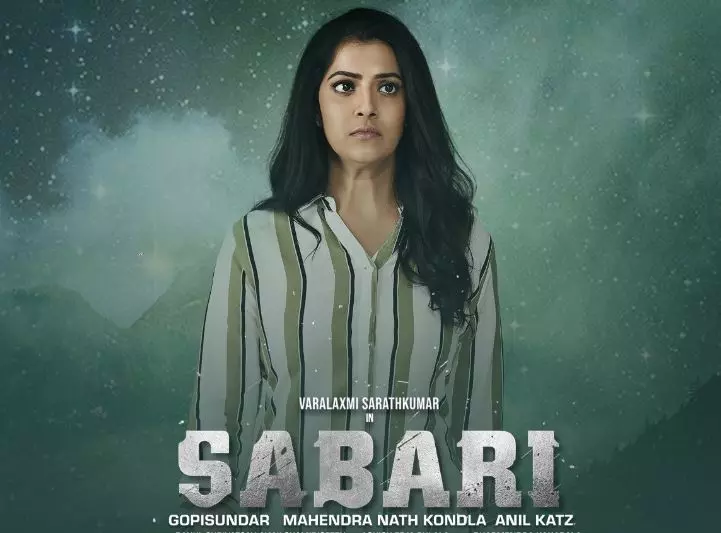
 Movie Reviews1 week ago
Movie Reviews1 week agoSabari Movie Review: Varalaxmi Proves She Can Do Female Centric Roles
-

 News1 week ago
News1 week agoWhistleblower Joshua Dean, who raised concerns about Boeing jets, dies at 45
-

 Politics1 week ago
Politics1 week agoAustralian lawmakers send letter urging Biden to drop case against Julian Assange on World Press Freedom Day
-

 World1 week ago
World1 week agoBrussels, my love? Champage cracked open to celebrate the Big Bang
-
News1 week ago
A group of Republicans has united to defend the legitimacy of US elections and those who run them
-

 Politics6 days ago
Politics6 days agoHouse Dems seeking re-election seemingly reverse course, call on Biden to 'bring order to the southern border'







/cdn.vox-cdn.com/uploads/chorus_asset/file/23144919/john_deere_4.jpg)
